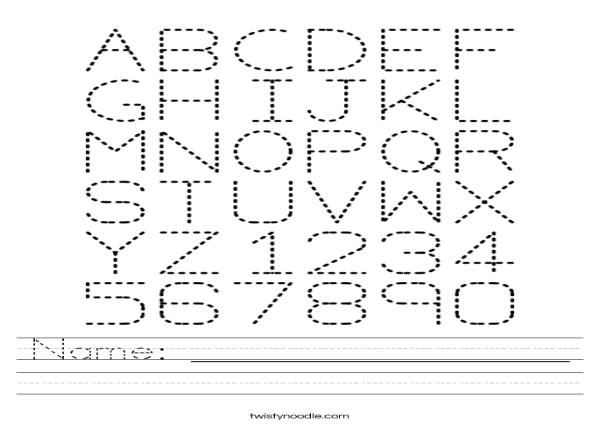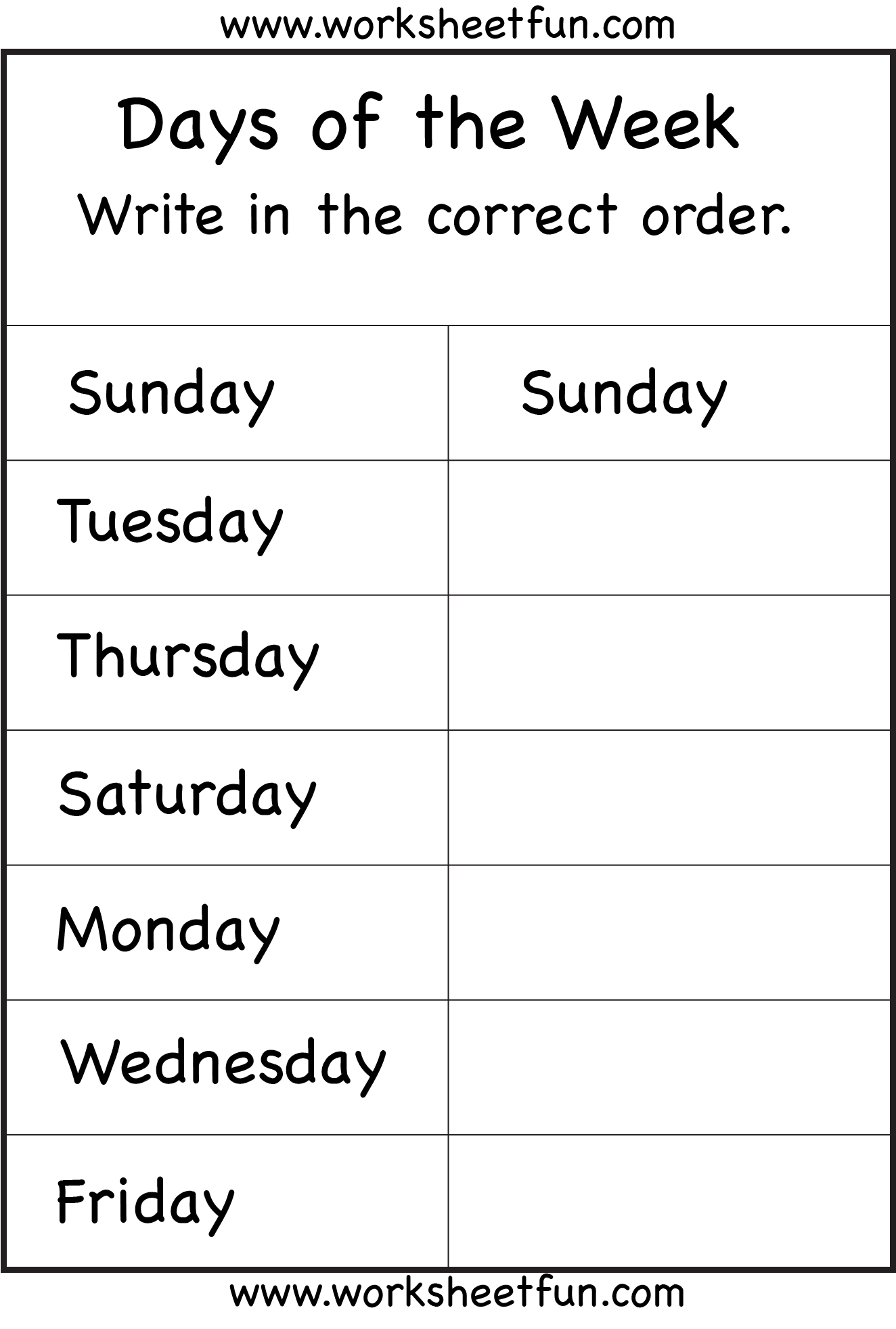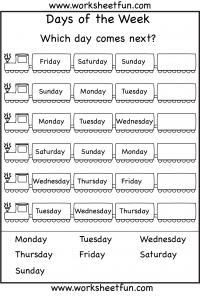- Учителю
- Урок по английскому языку на тему Days of the week
Урок по английскому языку на тему Days of the week
LESSON 7: Unit 3 Days of the week
2A. Classroom objects
School: 25
Date: 24.11.2016
25.11.2016
Teacher`s name: Imasheva Sh
CLASS: 1
Number present:
absent:
Learning objectives(s) that this lesson is contributing to
1.L3
recognize the spoken form of a limited range of basic and everyday classroom words
1.R1 recognize initial letters in names and places
1.S3 pronounce basic words and expressions intelligibly
Lesson objectives
All learners will be able to:
pronounce basic words and expressions intelligibly
Most learners will be able to:
-
listen to simple songs and sing.
-
introduce their friends using he/she is.
Some learners will be able to:
-
name some days of the week
Previous learning
Days of the week
Plan
Planned timings
Planned activities (replace the notes below with your planned activities)
Resources
Beginning
10 minutes
WARMING UP
1. Listening to and singing along to a 'Days of the Week' song.
Is it Monday today? No.
What day is it today? Today is …….
Let`s look at our train! Find and name the days of the week with colours.
Train 1 Monday is yellow.
Train 2 Wednesday is green.
Train 3 Thursday is orange.
Train 4 Tuesday is white
Train 5 Saturday is pink
Song "Days of the Week"
www.youtube.com/watch?v=941e6RnP4EQ
Worksheet "Days of the week"
www.worksheetfun.com
Middle
25 minutes
OVERWRITING
1. Focusing on the initial letter sound of the days of the week. Learners practice overwriting capital letters M T W Th F S S [upper case letters] - initial day of week letters.

2. Teacher holds up initial letter to elicit day of week from learners that it stands for.
M is for Monday.
3. Learners given jumbled initial letter cards of days of week and have to put them in order.
GROUPWORKING
Learners make a "Days of the Week" collage. Teacher provides learners with a week calendar, glue/tape and a range of different images to cut out and stick on different days [images e.g. school subjects/activities, shopping, special foods, football, cinema, cleaning, TV etc.].
Criteria for making a collage.
Worksheets
https://www.google.ru/search?newwindow=1&noj=1&biw=1887&bih=957&tbm=isch&oq=+worksheets+English+letters+to+overwrite+for+kids</</p>
Posters, crayons, glue stick
End
5 min
FEEDBACK
Do you like your collage? Why?
Goodbye, goodbye, goodbye you all.
Additional information
Differentiation - how do you plan to give more support? How do you plan to challenge the more able learners?
Assessment - how are you planning to check learners' learning?
Cross-curricular links
Health and safety check
ICT links
Values links
-
more support can be given during elicitation, instruction and questioning phases of the lesson by nominating learners to answer items relating to more high frequency vocabulary to build confidence through participation.
-
through questioning and the redirecting of questioning in feedback activities
-
through observation
-
Аrt
Reflection
Were the lesson objectives/learning objectives realistic?
What did the learners learn today?
What was the learning atmosphere like?
Did my planned differentiation work well?
Did I stick to timings? What changes did I make from my plan and why?
Use the space below to reflect on your lesson. Answer the most relevant questions from the box on the left about your lesson.
Summary evaluation
What two things went really well (consider both teaching and learning)?
1:
2:
What two things would have improved the lesson (consider both teaching and learning)?
1:
2:
What have I learned from this lesson about the class or individuals that will inform my next lesson?

